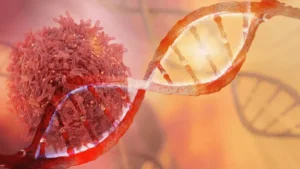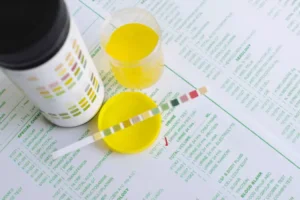
Stopping alcohol will reduce the number of empty calories that you consume. Not only will you reduce your overall calorie intake, but you will also likely replace some of these calories from healthier sources. This will lead to improved nutrition, which can profoundly impact your overall health, especially over time.
Are you a victim of domestic abuse needing family law advice?
People may be fearful of living without their significant other or subjecting children to their parents’ separation. Although the fear may be there, it’s no reason to stay in a relationship that makes you unhappy or puts you in danger. Although it may not feel like your place, it’s not unreasonable to ask your significant other to get help for their addiction.
We can help you along the path to a healthy, successful, and stable life.
Additionally, if you have concerns about your own drinking habits, seeking help for yourself can also be beneficial. It’s important to prioritize your own health and well-being during this challenging time. Anybody who has ever experienced this dilemma will know how difficult it can be to leave a partner whose drinking has become unmanageable. Being in a relationship with an alcoholic is painful, scary, and difficult to handle.

Alcohol and Cialis: Risks, Side Effects & Treatment
Over time, alcoholism can also weaken the immune system and lead to malnutrition. And maybe you can skip the hard stuff in those scenarios going forward, without it feeling like any kind of a loss. Breaking up with anyone can be difficult, but breaking up with an alcoholic can present its own unique challenges.
- There are also different patterns in the volume of consumed alcohol depending on various individual factors.
- Alcohol Use Disorder (AUD), commonly referred to as alcoholism, is a chronic condition where an individual cannot control their drinking despite negative consequences.
- Relationships are complicated, and each one will develop and heal in different ways and timeframes.
- This huge change in lifespan is due to the numerous medical problems that alcohol can cause.
What To Do If You’re Considering Leaving?
If your loved one does decide to seek help, it’s important to support them in their journey. Recovery is a long and difficult process that requires a lot of hard work and dedication. And remember, even if they do not choose to seek help at this time, there is always hope for the future.
Early Stages of Alcoholism

By week three, you will have saved about $450–$600 from not buying Drug rehabilitation alcohol. Your calorie intake will be about 9,000 calories less, leading to a potential drop in weight of about three pounds. While you will still likely have some alcohol cravings, you will probably feel pretty good about quitting alcohol. You will probably be well out of withdrawal and mostly recovered from the ordeal.

Is it possible to recover without professional help?
“I say that we both ended up winning because it changed my perspective entirely about how alcohol is affecting my brain, my body, my mood, my life, and my career,” she says. Instead of pregaming your date with a White Claw, turn on your favorite pump-up playlist to boost your confidence or try a quickie yoga meditation to quiet your nerves. If you show up to a social event and suddenly feel a little overwhelmed and nervous, head over to the bathroom for a deep-breathing break.
One study found that 20% of alcohol users had over $1,000 in credit card debt. Beyond the financial losses, there are financial costs measured by productivity loss at work from hangovers and absenteeism related to drinking. Understand that if you choose to stay, it means financial struggles and facing the challenge of making ends meet while dealing with a spouse who refuses to get help. If you’re staying just because you don’t want them to get hurt, you’re sacrificing yourself – and your children – for them. Any relationship requires mutual trust, respect, forgiveness, and love to have a chance at succeeding, and when you’re in a relationship with an addict, these core elements when should you leave an alcoholic are tested.
- Remember, seeking support is not a sign of weakness but rather a sign of strength and self-care.
- So, if you feel that it’s time to leave an alcoholic spouse, trust your instincts.
- I’m struggling with a partner who has displayed and admitted to alcoholic tendencies.
- You don’t have to take this journey alone; we are here to help you through each step of the way.
Whether you choose to stay or leave the relationship, remember that you deserve love and support as well. Seek out resources like therapy or support groups for family members of alcoholics if you need help navigating this difficult situation. The decision to stay or leave must be made with all of these elements in mind, balancing compassion, responsibility and self-preservation. Whatever the decision, it is essential to seek support and prioritise your own mental and emotional well-being, as well as that of your children if there are any. This difficult decision is a process that can take time and require careful reflection on personal values, boundaries and hopes for the future. Treatment options may include therapy, support groups such as Alcoholics Anonymous (AA), medication-assisted treatment (MAT), or inpatient rehabilitation programs.

